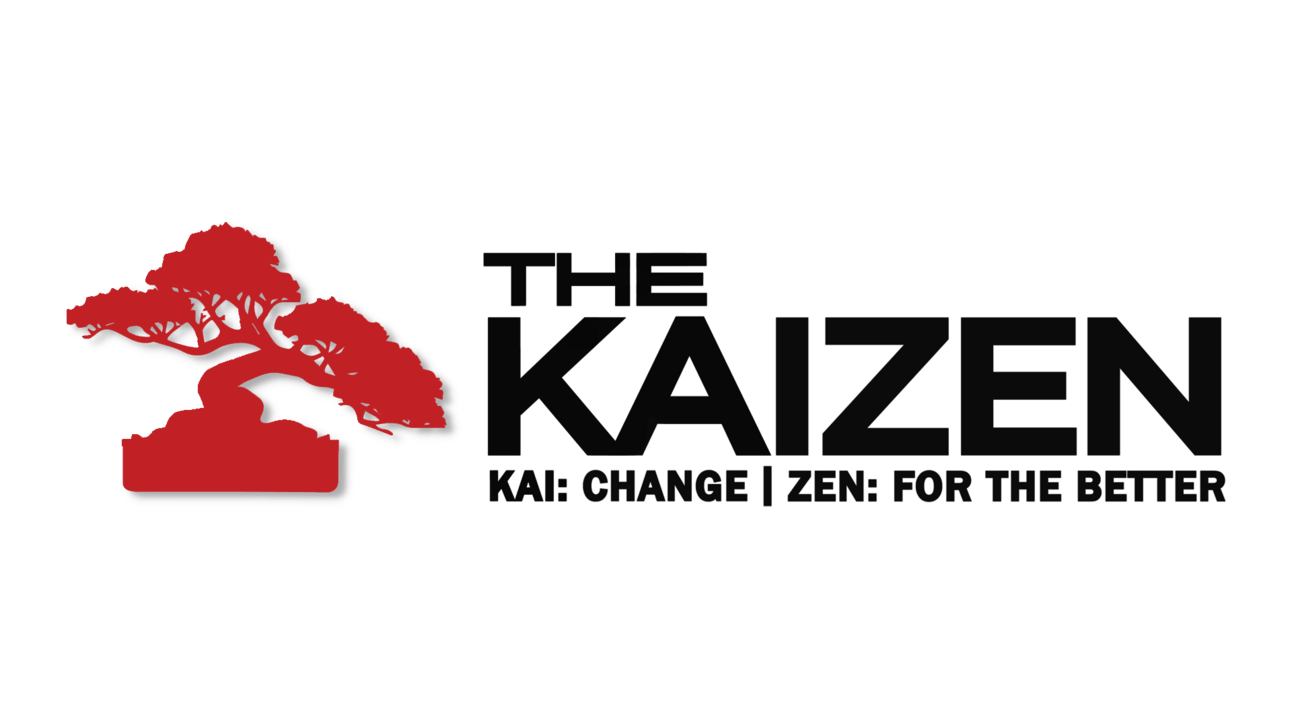- The Kaizen
- Posts
- You Need to Read 'The Kaizen Way'
You Need to Read 'The Kaizen Way'
Although not clear at the time, this was the start of ‘Kaizen’ as we know it. The underlying message was ‘continuous, incremental improvement’ throughout the workplace, almost like stepping stones that would allow a gradual increase in the Japanese economy.


QUOTE OF THE DAY
“Learning to live in the present moment is part of the path to joy”

‘THE KAIZEN WAY’
362 Words | 1 Min 19 Sec Read

The term ‘Kaizen’ came to life in the 1940s as a business philosophy that Japan used in order to rebuild their economy after the war.
A man called Edwards Deming was tasked with helping Japan rebuild their economy, leading to the introduction of revolutionary statistical quality control and management principles to Japanese industries.
Although not clear at the time, this was the start of ‘Kaizen’ as we know it.
The underlying message was ‘continuous, incremental improvement’ throughout the workplace, almost like stepping stones that would allow a gradual increase in the Japanese economy.
But the author of ‘The Kaizen Way’, Robert Maurer, realised that these principles could also be used outside of business on a person-by-person basis.
He realised that people tend to struggle with improving themselves or breaking out of bad habits because they try to go from 0-100 and take big, bold steps.
But taking big steps often backfires because, although it may seem exciting in the moment, that excitement quickly wears off, and we are just left with fear—fear of uncertainty and fear of failure.
The easiest way to avoid this fear is to just not take action, because with no action, you take no risk.
Using the Kaizen principle, however, you can bypass the fear of failure as you tip-toe to your end goal.
“With Kaizen, your resistance to change begins to weaken.” - R.Maurer

ACTIONABLE NEXT STEPS:
If you want to experience the benefits of Kaizen, here are two ways to get started:
Start by asking smaller questions.
No matter what it is that you’re being faced with, you can always break it down into smaller questions. Answer those small questions one at a time, and they will start to compound, and you’ll end up answering the big questions.
Focus on smaller rewards.
Reward yourself for the small wins because, although it may seem silly in the moment, you’re actually implementing a fantastic strategy that will allow you to achieve large goals.

TAKEAWAYS:
Instead of trying to tackle things all at once, take the approach of small, incremental improvements, which have a far higher success rate as you’re able to avoid the pushbacks of your emotional reactions.

LESSON OF THE DAY ⤵️



“What kind of business can I start at a young age, I’ve read lots of books, and watched lots of videos but I don’t know where to start.”
Create your own action plan.
You need to get out of the cycle of consuming, consuming, consuming because chances are that you have the necessary information to start; you just don’t feel like you do.
There is no particular business you should start at a young age; what you should do is focus on identifying problems that you can solve and work on monetizing the solution to those problems.
Want to ask The Kaizen something? Click this link, ask your question, and every day we pick one out to answer in the next day's newsletter.

ARE YOU SICK AND TIRED OF US?
We get it; for some, the daily emails can be a lot, but the last thing we want is to lose you as a subscriber because of that.
So we came up with an alternative: The Kaizen Weekly.
One hard-hitting edition a week, every Friday.
We both know you need The Kaizen in your life, and whether thats once a week or once a day, thats up to you.
If you want to change your preferences, check out this link:
Was this forwarded to you? Sign up here
Got any questions or thoughts about this edition? If so, send us an email to [email protected]
